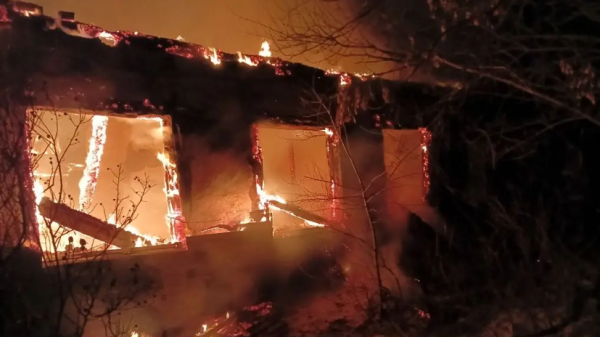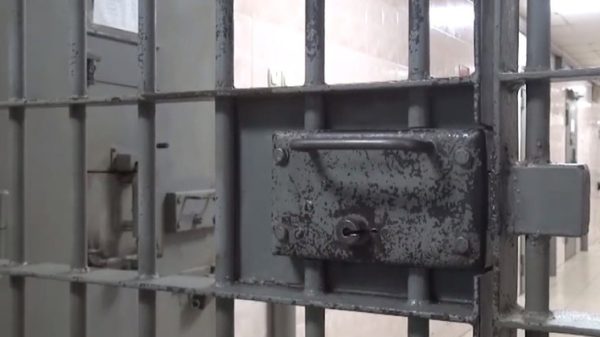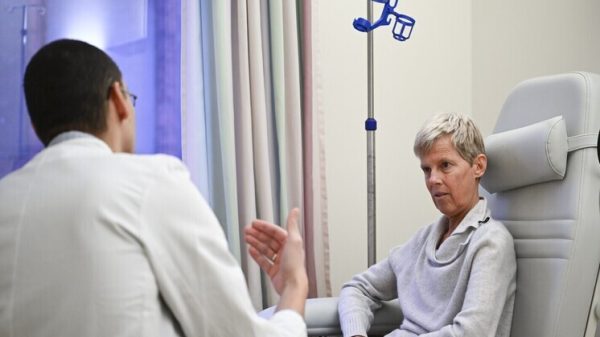Sign up for the Guardian’s First Thing newsletter
The US suffered its deadliest ever day from the coronavirus pandemic on Thursday, with more than 4,000 people dying from the virus amid warnings the situation could deteriorate further this month.
The record daily death toll of 4,085, according to Johns Hopkins University data, has brought the total number of US deaths to more than 365,000 since the pandemic began, with more than 21.5 million people having contracted the disease – both totals are far greater than any other country in the world.
Arizona becomes Covid hotspot of the world as governor resists restrictions
Read more
Covid-19 case numbers are rising in almost every corner of the US, with deaths surging dramatically in places – in Los Angeles county one person is now dying of the virus every eight minutes. A further 115,000 people could lose their lives nationally over the coming four weeks, according to projections by the University of Washington.
“We believe things will get worse as we get into January,” Anthony Fauci said in an interview with NPR. “As we get into the next couple of weeks in January, that likely will be a reflection of the holiday season travel and the congregate settings that usually take place socially during that period of time.”
Fauci, who is set to be the chief medical adviser for Joe Biden when he assumes the US presidency on 20 January, said Americans may be able to “blunt the acceleration” in cases by adhering to social distancing and mask wearing. “Now’s not the time to pull back on this,” he said.
The incoming Biden administration will aim to encourage universal mask-wearing for the first 100 days and ramp up Covid vaccinations to 1 million shots a day. Fauci admitted that distribution of the vaccine had been sluggish to date – more than 5.3 million people have received at least the initial dose of the vaccine, according to the Centers for Disease Control and Prevention, while more than 21m doses have been sent to the states.
This is well below the Trump administration’s targets, which promised 20 million people would be vaccinated by the end of December and 40 million doses distributed across the country. Francis Collins, director of the National Institutes of Health, told the Washington Post vaccine distribution had got off to a “rocky beginning” and that the next few weeks were “going to be really critical to see how we can get this distribution system up and going more smoothly”.
Steven Stack, Kentucky’s commissioner of public health, said that messaging by the federal government had set unrealistic expectations of a swift vaccine program. “We overpromised and underdelivered as a nation,” Stack said, adding that his state had got just a third of the vaccines promised.
He added there was also reluctance among some people to get the shots. “Sometimes, more than 30% of eligible people decline to receive the vaccine when offered,” Stack said. “There’s a need to be flexible or else we don’t administer the vaccine. A shot in a willing arm is ultimately a higher priority than a shot in only certain arms.”






















































Свежие комментарии